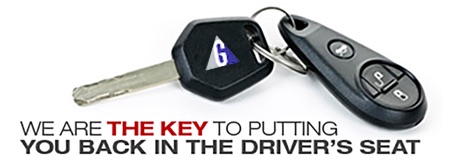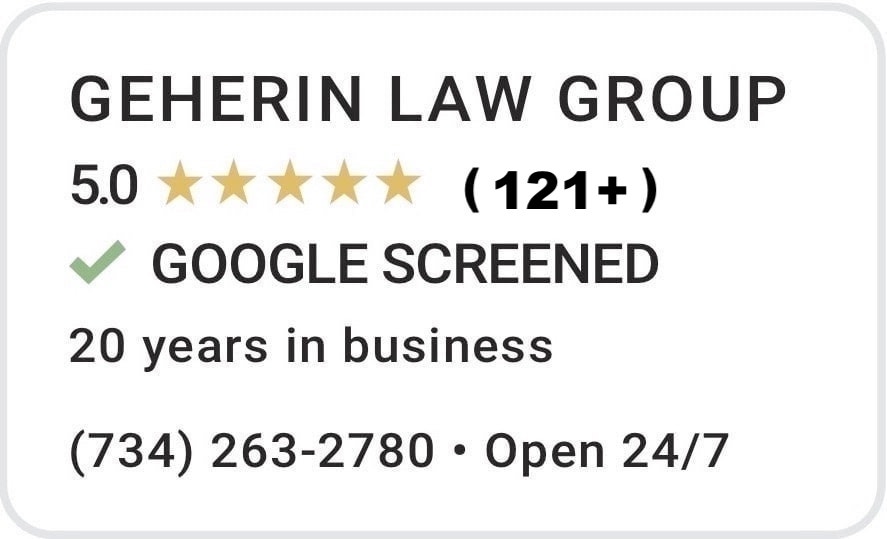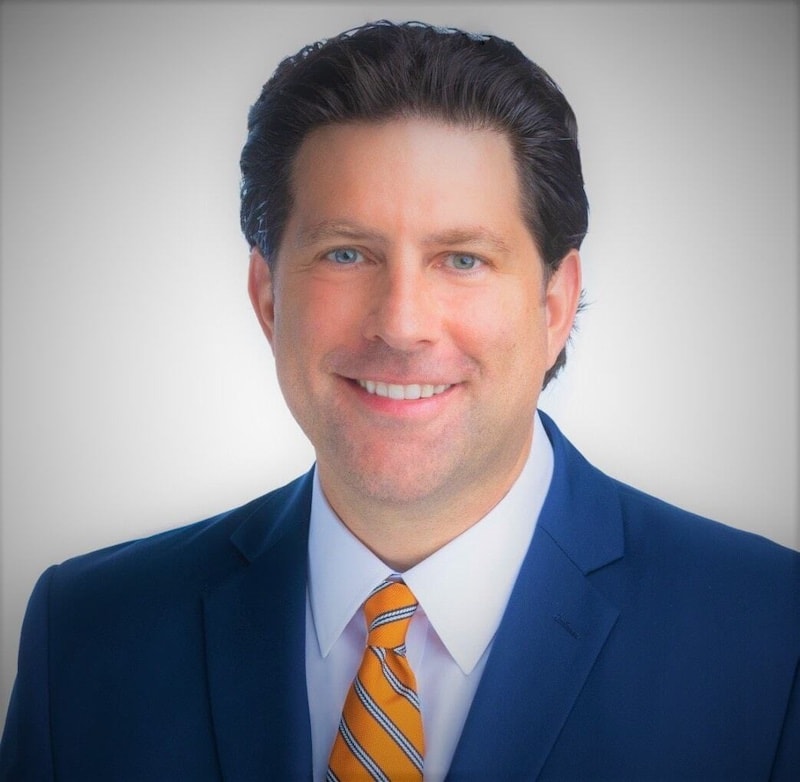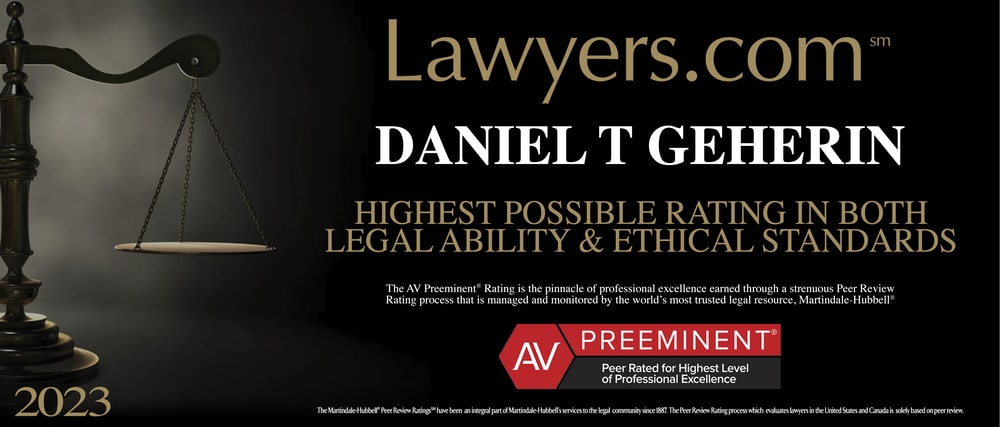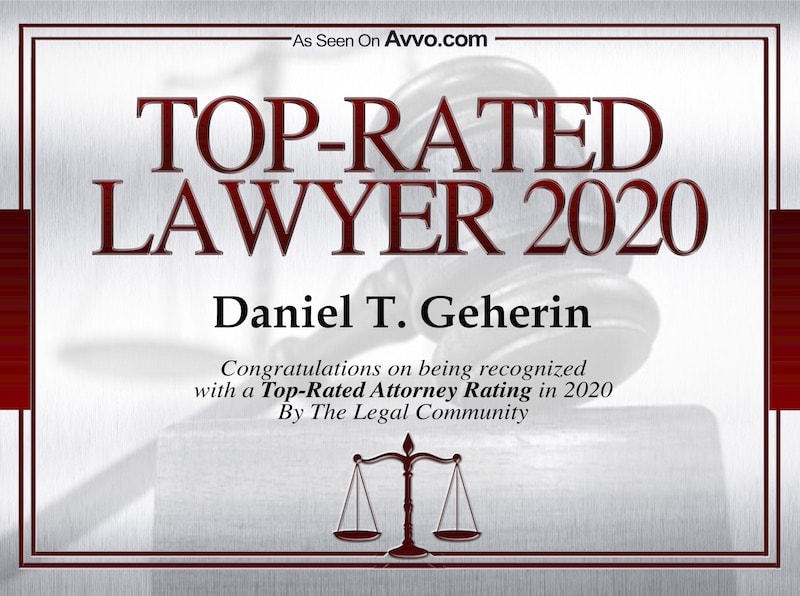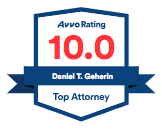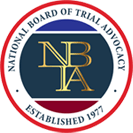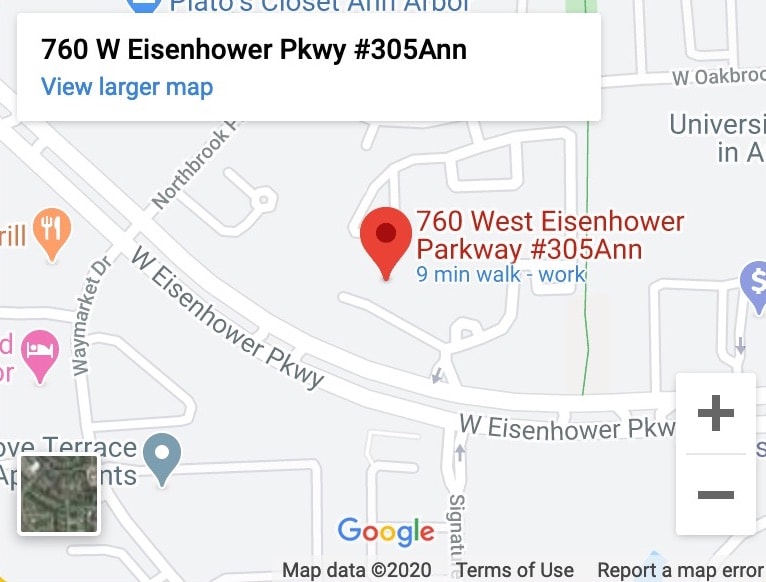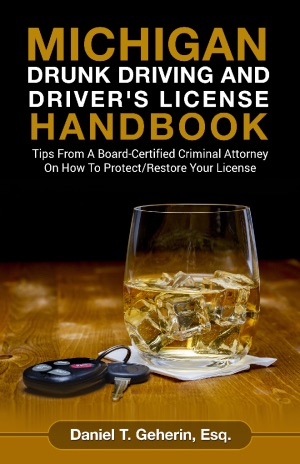Circuit Court Legal/Hardship Appeals
Beginning in 1999, a seismic change occurred with respect to driver’s license appeals in Michigan. Prior to 1999, people could take most license issues directly to their local courthouse, asking a judge to restore, reinstate, modify or override the Secretary of State’s decisions. After 1999, the courts lost most jurisdiction on license appeals cases/issues, leaving only limited avenues for intervention. However, drivers can still file a Circuit Court Appeal challenging the legality or propriety of the Secretary of State’s decision (called a “Legal Appeal”) or requesting an equitable modification of a license sanction (called a “Hardship Appeal”).
Legal appeals allege that the Secretary of State Hearing Judge or Officer committed a legal error—called an “abuse of discretion”— making a ruling regarding license suspension and revocation. A driver must prove that the SOS decision was faulty and didn’t adhere to the law, or was arbitrary. The burden is on the driver to prove it so it’s important to have the best license appeals attorney in Michigan on your side. Most legal appeals require the driver to order transcripts of the hearing or decision being appealed, pay a filing fee, and then go up against the Attorney General or Prosecutor representing the State. These legal appeals are often uphill, unwinnable battles.
In Michigan, a person whose license has been suspended—not revoked—can often file a Hardship Appeal seeking judicial relief. Suspensions have a definite start and end date, whereas revocations are typically indefinite. Some suspensions don’t allow an Equitable Appeal, such as those that arise from an OWI or criminal conviction. Equitable/hardship appeals are typically only allowed when the suspension arose from a medical issue, point accumulation, or a chemical test refusal.
Circuit Court appeals are generally filed in the driver’s registered County of Residence Circuit Court. For chemical test refusals (called Implied Consent suspensions), these appeals are filed in the County of arrest. Either way, the person must actually file a civil lawsuit against the Secretary of State, pay a civil filing fee ($175 on average), and properly serve the representatives for the SOS (either the Attorney General or County Prosecutor, depending upon the location). Certain forms must be correctly filled out, and the person must establish that he or she has an equitable need for a license. The driver must convince a Circuit Court Judge that he or she has a hardship without a license and needs that license to get to work, or go to school, or attend medical appointments, or some similar hardship. If the Judge agrees, he or she can override the suspension and grant restricted privileges for the remainder of the suspension.
Neither Circuit Court Appeals process is easy, and it can be very intimidating to go it alone. It’s basic legal nature to believe that judges are going to be more persuaded by attorneys presenting these appeals. If you find yourself in desperate need of a hardship license, you should strongly consider consulting with a license appeals specialist.
Attorney Daniel T. Geherin, owner of MiLicenseLawyer.com and author of The Michigan Drunk Driving and Driver’s License Restoration Handbook, has been handling hardship appeals and other license cases for the last two decades. He’s dedicated his career to helping put drivers back on the road following a license suspension or revocation. He’s recognized as a license appeals specialist in Ann Arbor and throughout Michigan.
For a dedicated, experienced and successful license appeals attorney in Michigan to handle your Circuit Court appeal, please contact Dan Geherin and his team by submitting a contact form or calling (734) 263-2780. We stay on the cutting edge of license appeals laws and regulations; we know the process inside and out, and we’ll fight zealously to restore your license.
Geherin Law Group: We’re the key to putting you back in the driver’s seat.

